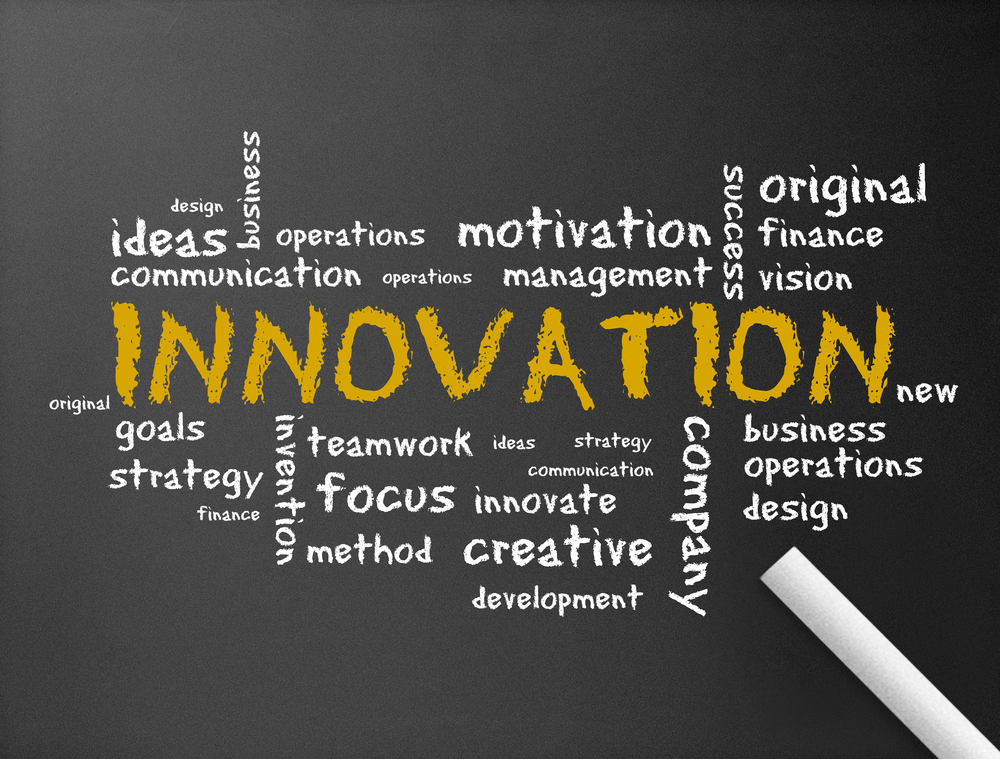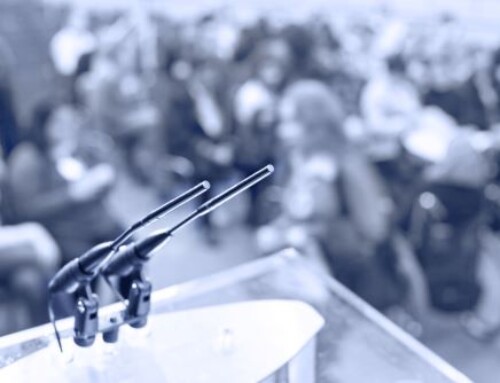The COVID-19 pandemic has caused disruptions in the workplace that include corporate culture changes, interaction and employee morale. It has also increased the need for business leadership to step up innovation. While a great deal of the focus has been on implementing technology that allows employees to work remotely, technology is just one piece of the puzzle.
It is essential to address human bonding, interaction and connection – especially while employees are working remotely. This is part of the overall experience that makes up true corporate culture. Companies will need to find a balance and/or combine in-person options with automation and technology in order to survive and thrive beyond current conditions.
This is a crucial time for businesses to shore themselves up. Taking the following areas into consideration will help businesses reach the other side of the pandemic and emerge whole.
Culture and Workplace
The pre-pandemic economy was booming with low unemployment numbers and companies adding jobs on a steady basis. However, employees expressed a level of uncertainty even during favorable economic times, with only:
- 62 percent feeling appreciated by leadership and their colleagues. (1)
- 57 percent feeling a sense of well-being in their workplace environment. (1)
- 62 percent feeling a sense of leadership at their organization. (1)
With more and more organizations going out of their way to create a strong corporate culture, employees have raised their expectations. Companies that meet these expectations are better poised to flourish, while those that fail will ultimately get left behind.
A solid workplace culture energizes employees to innovate, delight customers and leave their competitors in the dust. Despite these lofty goals, many businesses flounder when it comes to establishing and maintaining a culture that inspires and engages employees.
The COVID-19 pandemic has sent employees’ perception of critical areas in company culture tumbling:
- Engagement has decreased 8 percent. (2)
- Consistent recognition has also decreased 8 percent. (2)
- Leader recognition has decreased 5 percent. (2)
One of the few areas that has increased is perceived favoritism, a quality that can breed resentment and snuff out motivation among employees. Perceived favoritism has increased 7 percent. (2)
Delivering micro-experiences is one method business leadership can use to resolve these issues. Examples of micro-experiences include virtual meetings (where in-person, one-on-one meetings are not an option) that are inclusive of entire departments or teams, consistent recognition of contributions from the largest to the smallest and communications sprees in which employees are tasked to connect with colleagues they did not previously know.
The Organization as a Whole
Any crisis highlights the need for companies to fortify every area of their business in order to strengthen the organization as a whole. The following factors should not be overlooked.
- Information
Getting information in front of employees faster is imperative for stifling rumors, stabilizing the workforce, ramping up productivity and building a reputation among stakeholders for being the best at what they do. This is especially important for companies that employ people who work remotely. - Time
Every minute matters during trying economic times. To this end, companies should utilize apps and other tools to communicate faster and more effectively with employees. These tools also increase the chances of retaining customers. It is also important to set up contingency plans and processes to minimize business disturbances. - Data
Remote data accessibility should be a top priority. It must accommodate remote workers, customers who are interacting with the company from home, processes for tracking and data analysis. All these capabilities must be available from remote systems. Protecting these systems from spam, malware, the dark web and data corruption is critical. - Agility
Businesses that remain successful during crises are those that master agility. Adaptation must keep up with the rapid pace at which circumstances, markets and customer needs can change. Anticipating these shifts should be a part of every company’s plans. Organizations should look for no-brainer transformations, minimize inefficiencies and adjust processes according to influx demands. - Empathy
Many employees are suffering from anxiety as a result of COVID-19. Leadership must exhibit empathy and provide strategies to support employees throughout the duration of the panic. The life/work balance is no longer a desired goal. It’s now the new synergistic requirement for employees to feel whole, valued and that leadership cares. - Health and Wellness
One of the long-lasting ramifications of COVID-19 is the emphasis on health and wellness in local communities. Organizations can leverage some of the innovations that will arise to engage employees:
-
- Virtual healthcare via tele-health platforms
- Healthcare programs for communities that are poor, uninsured and homeless
- Technology that supports government systems
- Better analytics for tracking health cases, vaccines, medications and equipment in real-time
- Privacy concerns and data security
Technology and Innovation
It’s no surprise that technology will play a starring role in the way businesses operate during the pandemic and in the years following it. More than 100 technology experts responded to a questionnaire about the impact they believe COVID-19 will have on innovation. According to the results:
- The pandemic will significantly speed up innovation in the future of work, data and AI, trust and supply chains and health and medicine. (3)
- Developed countries will lead this innovation. (3)
- The heaviest impact will be felt in data and AI, along with health technologies. (3)
While the pandemic has impacted many industries, and with changes yet to come, it has also been a driving force behind innovation. Companies that take a cue from this innovation and implement it in their own organizations will lead the pack at the end of the day.
Discover more inspiring ideas for exciting experiences that boost morale and engage your people. Contact Gavel International for details.
____________________________
SOURCES:
1 https://www.octanner.com/content/dam/oc-tanner/documents/white-papers/2019/INT-GCR2020-12.pdf
2 https://www.octanner.com/covid-19/pulse/coronavirus-vs-corporate-culture.html
3 https://www.atlanticcouncil.org/blogs/geotech-cues/covid-19s-potential-impact-on-global-technology-and-data-innovation/
This article was last updated on November 23, 2022
- Why In-Person Events and Incentive Travel Are Essential Due to the Rise of Nomadic Culture - March 10, 2025
- 8 Indicators of a Problematic Meeting Culture – and How to Solve Them - February 3, 2025
- Benefits of Micro-Offsite Events and Tips for Planning Them - January 27, 2025






